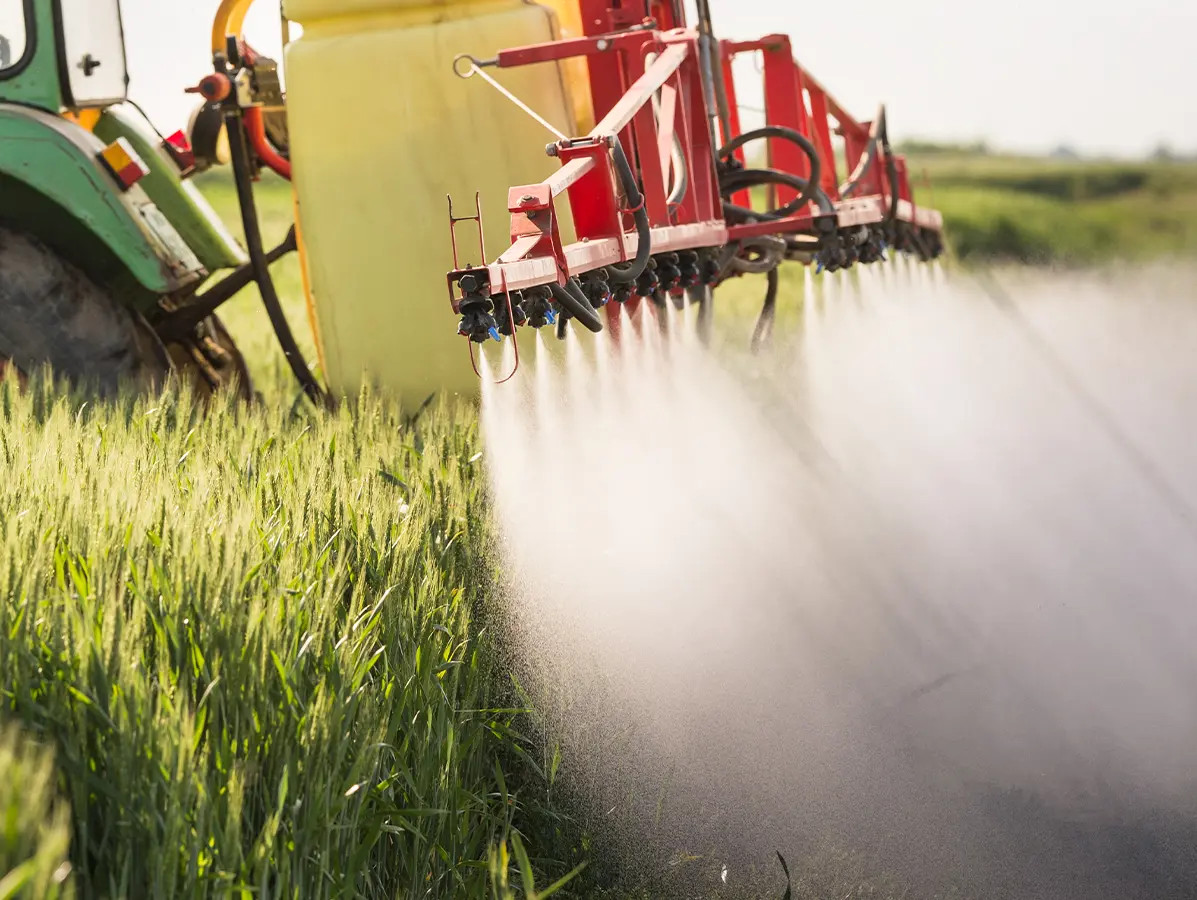
Pesticides banned in European agriculture continue to appear on our food. Recent research by Foodwatch reveals that bananas, raisins, and rice ranked as the top three most contaminated products with illegal pesticide residues in 2023. These substances are prohibited due to their harmful effects on humans, animals, and the environment but still make their way onto our plates via imported food.
Illegal pesticide residues have been found in nearly every supermarket. Bananas from Colombia performed particularly poorly: 100% of the samples contained banned pesticides. Raisins and rice followed with contamination rates of 65% and 30%, respectively. Even Dutch potatoes showed traces of illegal substances, which is remarkable given that these pesticides are not allowed to be used within the EU.
However, a different policy applies to imported food. The EU sets a Maximum Residue Level (MRL) for banned pesticides, allowing small amounts of these substances to remain on food. This policy leads to concerning situations, such as apples containing residues of 17 different illegal pesticides..
In addition to consuming contaminated food, the Netherlands plays an active role in the trade of banned pesticides. In 2023, Dutch companies reported 189 exports to countries such as India, Colombia, and Turkey. Ironically, residues from these banned substances return to the Netherlands via imported products. Examples include chili peppers from India, rice from Pakistan, and passion fruits from Colombia, all containing traces of pesticides previously exported by the Netherlands.
Data shows that monitoring and enforcement in Europe leave much to be desired. Only a small fraction of violations are reported in the European RASFF database. This raises concerns about the effectiveness of oversight and the collaboration between the NVWA and other agencies.
Download the full report: The great pesticide route uncovered: How illegal substances still end up on our plates (2024)" Dutch only.
Foodwatch.org
Source: Foodwatch